- Plan ItBack
- Design ItBack
- Build ItBack
- Homes
- ProductsBack
- CostsBack
- Self Build Cost Calculator
Estimate your project costs instantly with Build It's interactive self-build cost calculator
Calculate Now - Costs & Finance
- Contracts & Warranties
- Build It Estimating Service
Get an accurate, detailed cost breakdown of your project
Submit plans
- EventsBack
- My Account
Q&As
How will my chosen building method impact my self build mortgage?
18 March 2024
by Mike Dyson
How can I go about understanding how the construction method I choose will impact on the mortgage I can obtain further down the line? Some mortgage lenders seem to be strict in their preference for brick and mortar, or more traditional methods. Is this the case generally? How will the construction affect my chances of getting a mortgage, or the type of mortgage I will have, once my project is complete?


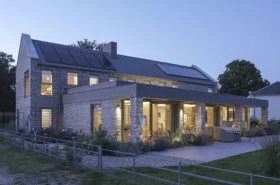

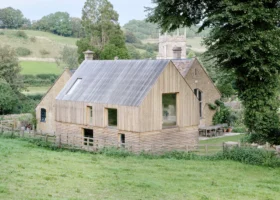
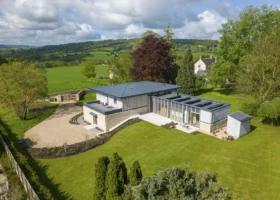
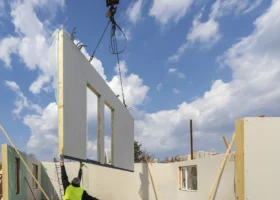

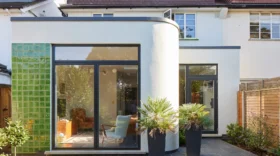
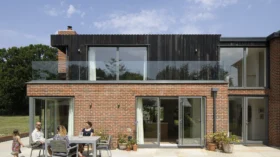

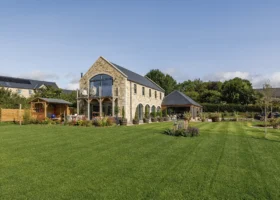

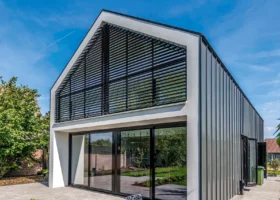

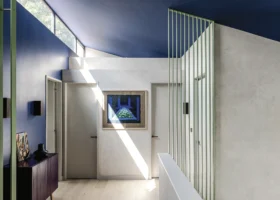
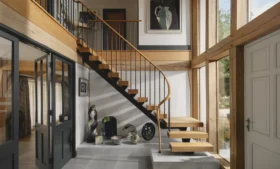

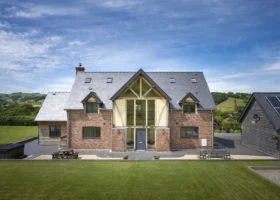
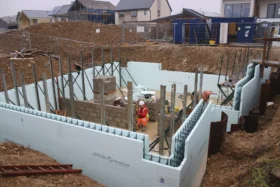

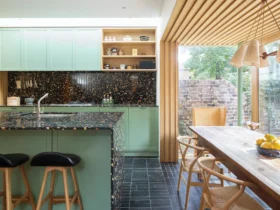


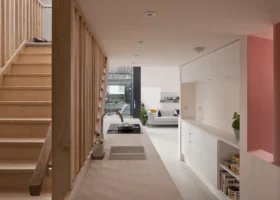
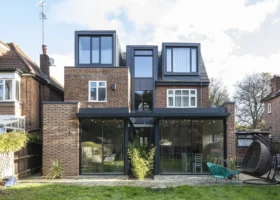
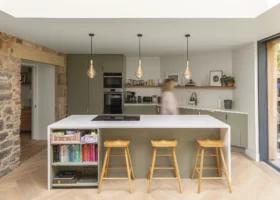
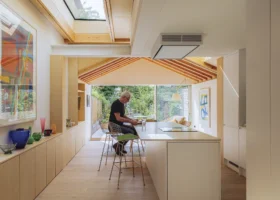
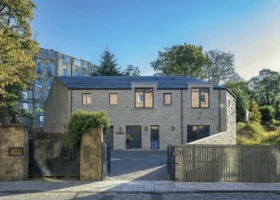
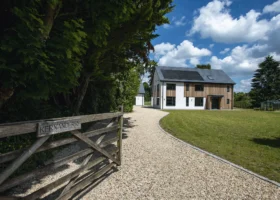
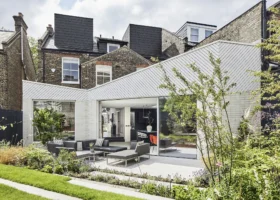
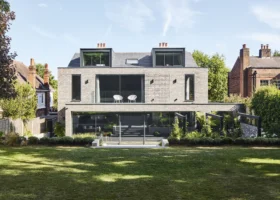
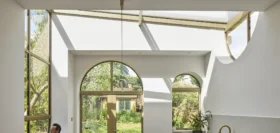
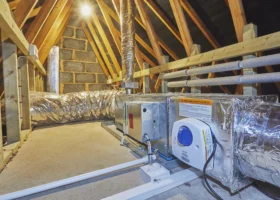
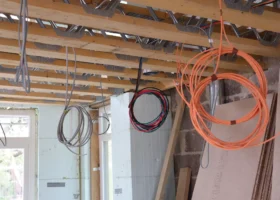

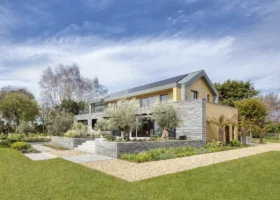
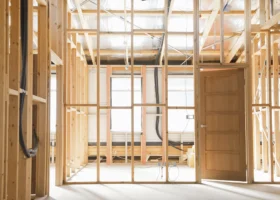
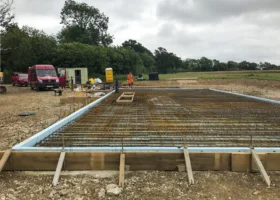
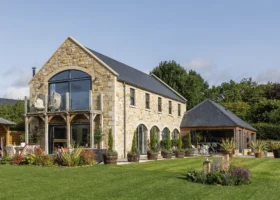

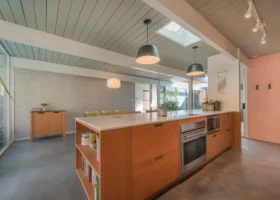

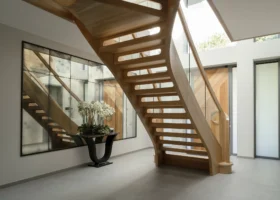
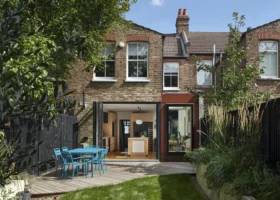
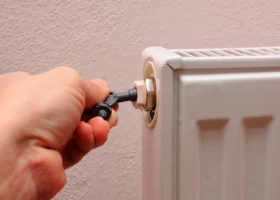

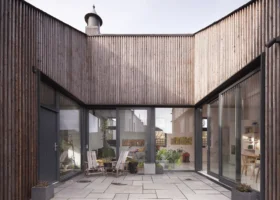
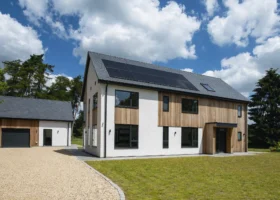
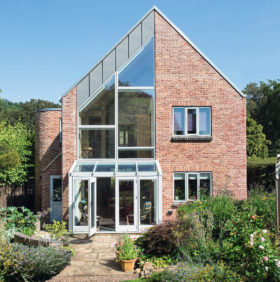
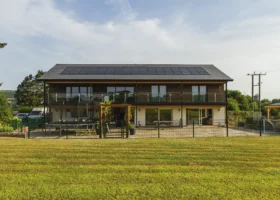
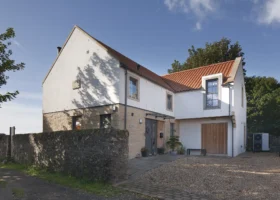


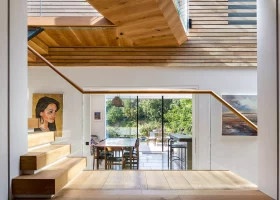
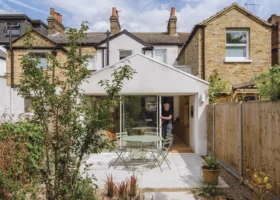
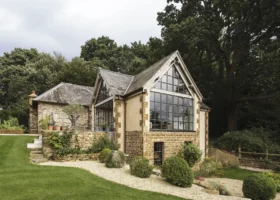
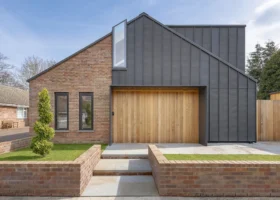
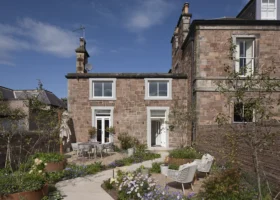
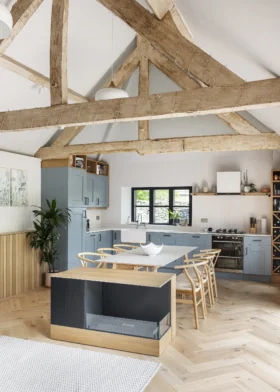
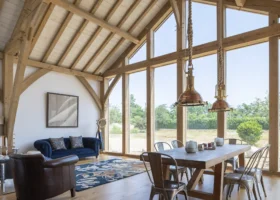








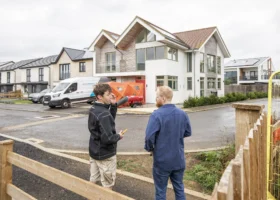









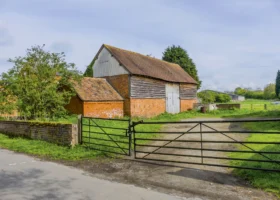


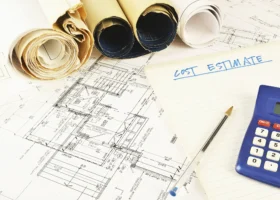

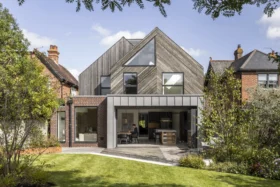








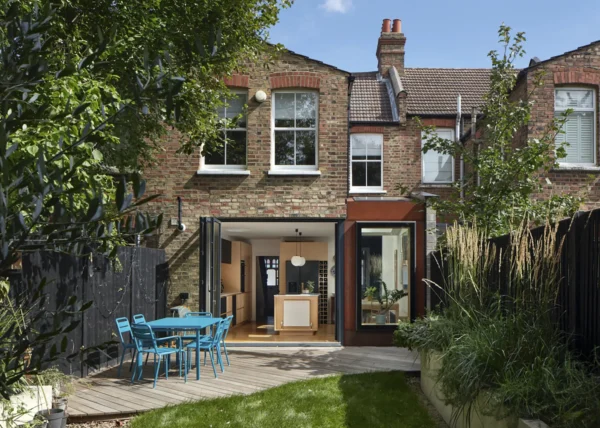
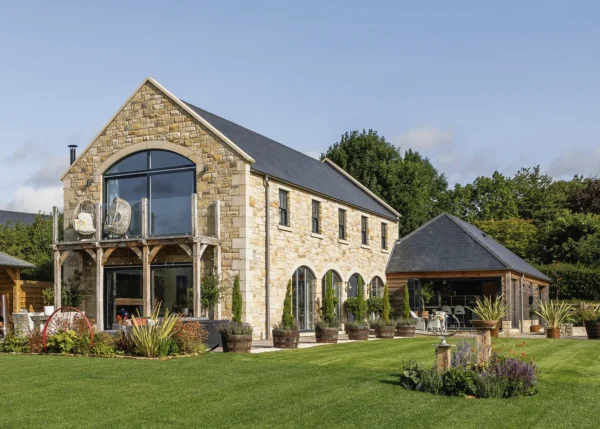
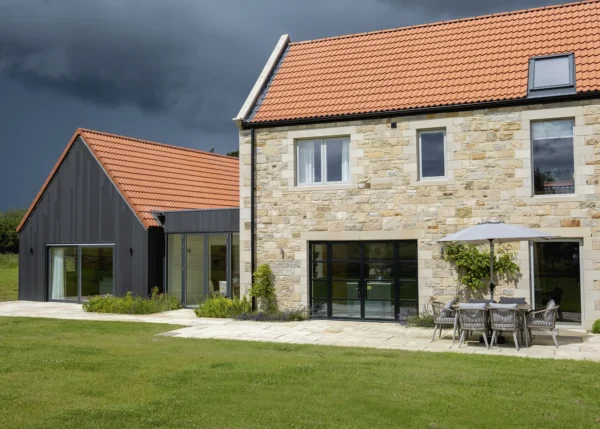




Hi Mike,
Thanks so much for getting in touch with your question. Understanding how the construction method of your property may impact your ability to obtain a mortgage is an important consideration for any prospective homeowner. While mortgage lending policies can vary among lenders, there are some general principles to keep in mind:
Traditional versus Non- Traditional Construction: Many mortgage lenders have historically preferred properties constructed using traditional methods, such as brick and mortar. Traditional construction methods are often perceived as more durable and less risky than non-traditional methods like timber frame or modular construction. However, this preference can vary depending on the lender and the local housing. Timber Frame is now rarely a problem for most lenders, but the outer skin must also be considered.
Lender Requirements: Some mortgage lenders may have specific requirements or restrictions regarding the type of construction they will finance. Before beginning your construction project, it’s advisable to research different lenders and their policies regarding various construction methods. Some lenders may be more flexible than others, particularly if the property meets certain standards for quality, manufacturers Warranties etc.
Mortgage Valuations : The Valuation process plays a crucial role in determining the value of your property and, consequently, the amount of financing you can obtain. Surveyors typically consider factors such as the quality of construction, materials used, and the overall condition of the property. Non-traditional construction methods may be subject to closer scrutiny during the valuation process, potentially affecting the projected value of the property.
To navigate these considerations effectively, it’s important to consult with specialist mortgage brokers, who have access to all lenders/products available and can provide guidance based on your specific circumstances. By understanding the potential implications of your chosen construction method, you can make informed decisions that align with your financial goals and homeownership aspirations.
Best of luck with your plans, Rachel Pyne (Finance & Mortgages expert at BuildStore)